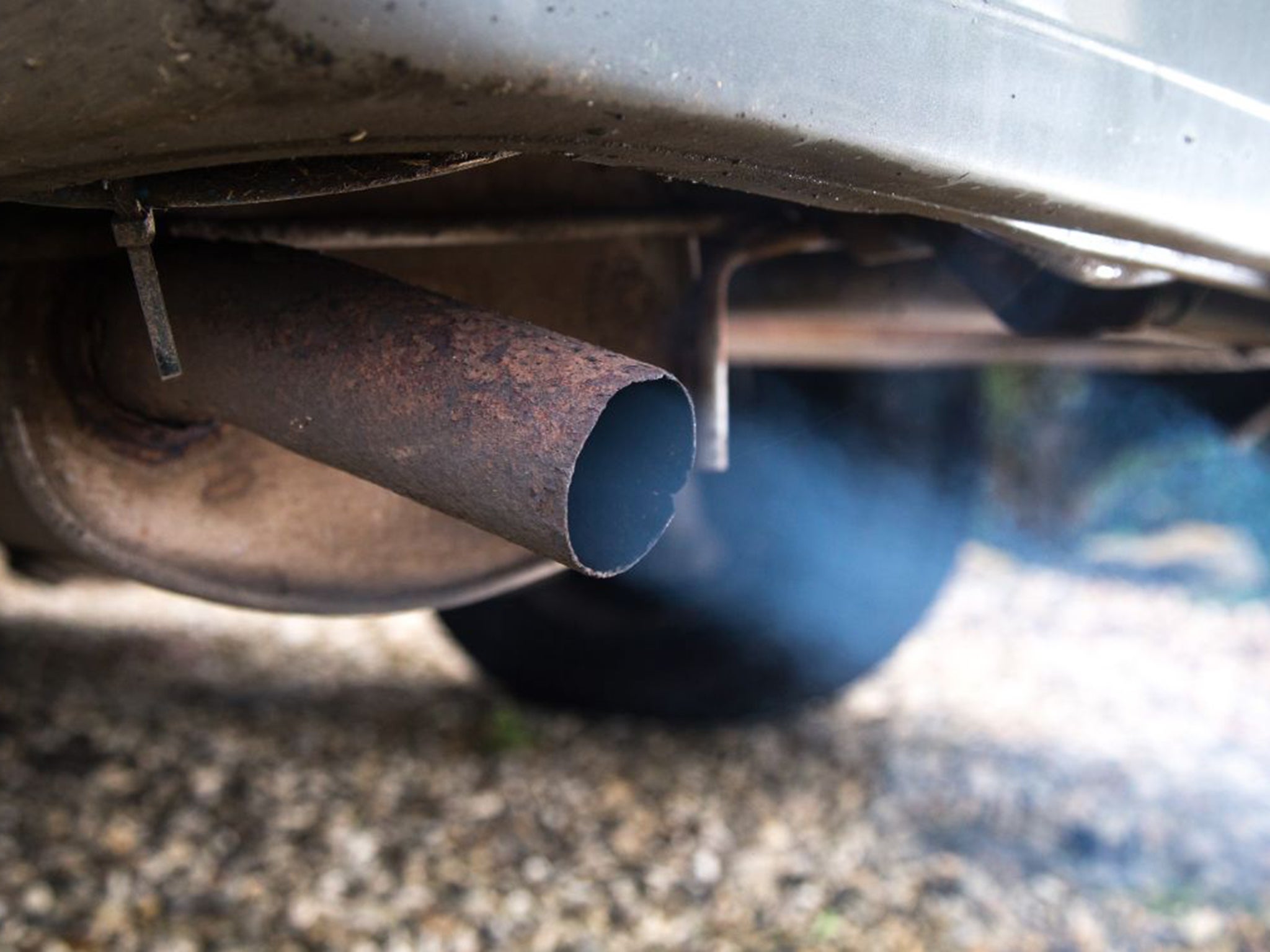New cars face tougher emissions tests in bid to stop manufacturers falsifying results
Tests are part of European regulations designed to improve air quality

Your support helps us to tell the story
From reproductive rights to climate change to Big Tech, The Independent is on the ground when the story is developing. Whether it's investigating the financials of Elon Musk's pro-Trump PAC or producing our latest documentary, 'The A Word', which shines a light on the American women fighting for reproductive rights, we know how important it is to parse out the facts from the messaging.
At such a critical moment in US history, we need reporters on the ground. Your donation allows us to keep sending journalists to speak to both sides of the story.
The Independent is trusted by Americans across the entire political spectrum. And unlike many other quality news outlets, we choose not to lock Americans out of our reporting and analysis with paywalls. We believe quality journalism should be available to everyone, paid for by those who can afford it.
Your support makes all the difference.A tougher emissions-testing regime for newly launched cars has come into force.
New models must undergo a more robust laboratory examination as well as be driven on open roads while equipment is attached to exhaust pipes.
The tests are part of European regulations designed to improve air quality and tackle climate change by giving more accurate measurements of emissions such as carbon dioxide and nitrogen oxides, as well as fuel consumption.
The real-world driving requirement is designed to stop manufacturers cheating emissions tests.
Volkswagen Group fitted software to diesel models which manipulated examinations by detecting when the vehicles were on a rolling road.
The manufacturer said 11 million of its vehicles were affected worldwide including almost 1.2 million in the UK.
Mike Hawes, chief executive of trade body the Society of Motor Manufacturers and Traders, said: "We welcome this challenging new regime, which will provide hard evidence that the industry's ongoing investment in ever more advanced technology is delivering on air quality goals.
"Combined, these new and demanding tests will soon give consumers emissions performance information that is far closer to what they experience behind the wheel - and inspire greater confidence that the new cars they buy are not only the cleanest, but the most fuel efficient ever produced."
A Government testing programme last year found that modern diesel cars emit six times more nitrogen oxide in the real world than in the lab.
Under the new rules, manufacturers will have to slash those emissions by two-thirds but they will still be allowed at a higher level than acceptable laboratory limits.
A further reduction in emissions will be required from September 2020.
Dr Penny Woods, chief executive of the British Lung Foundation, said: "The new real-world emission tests are essential in the fight to combat toxic air and protect all our lung health.
"This will end the inconsistency between lab emissions and real-world testing and ensure manufacturers can't cheat the test.
"It will give drivers accurate information about harmful vehicle emissions, so they can make informed choices about what to buy."
Air pollution causes an estimated 40,000 premature deaths a year in the UK and is linked to health problems from childhood illnesses to heart disease and even dementia.
The Government announced in July that new diesel and petrol cars and vans will be banned from 2040 as part of efforts to tackle air pollution.
It also pledged to work with local authorities to developing targeted diesel scrappage schemes.
Join our commenting forum
Join thought-provoking conversations, follow other Independent readers and see their replies
Comments